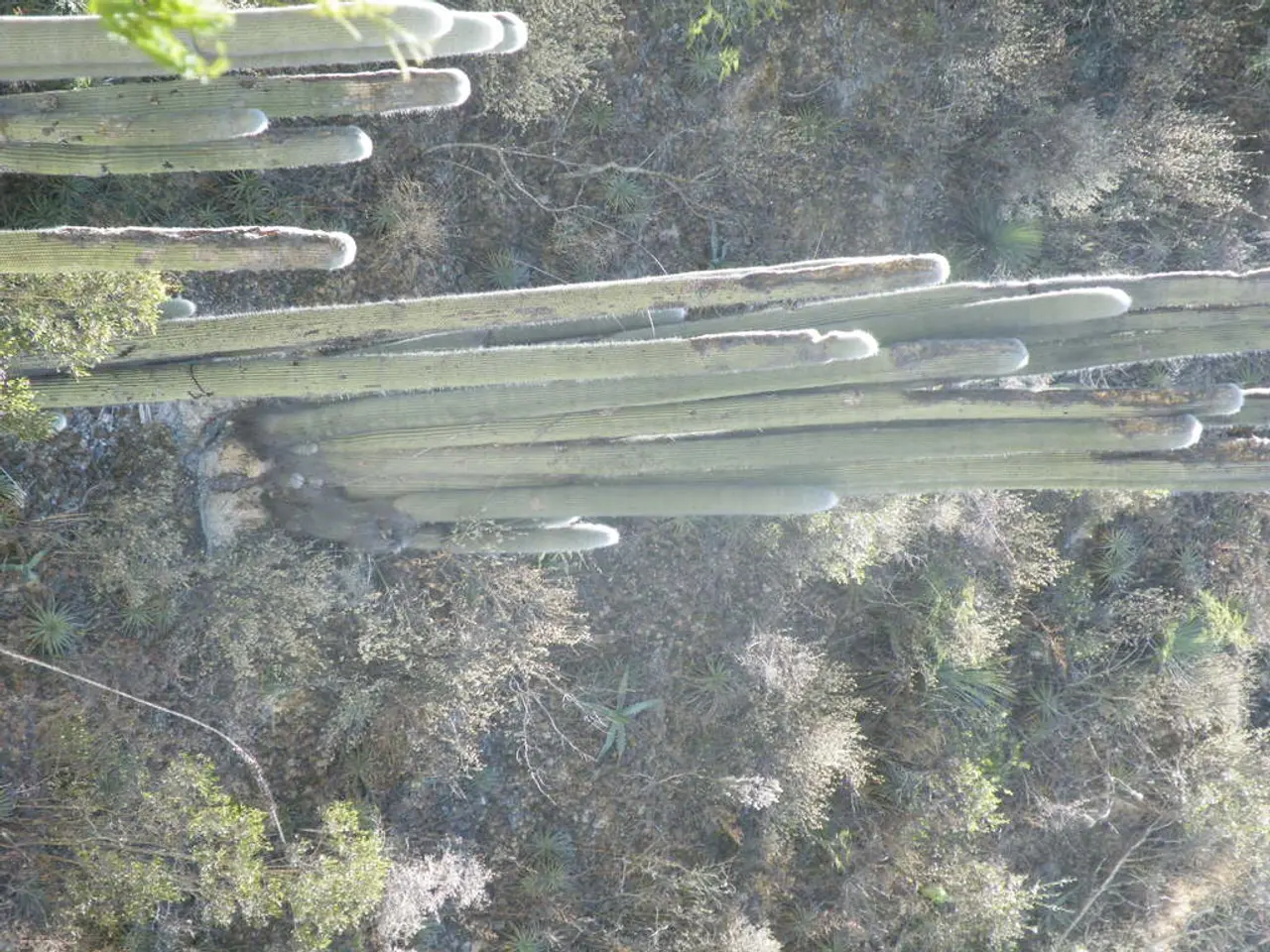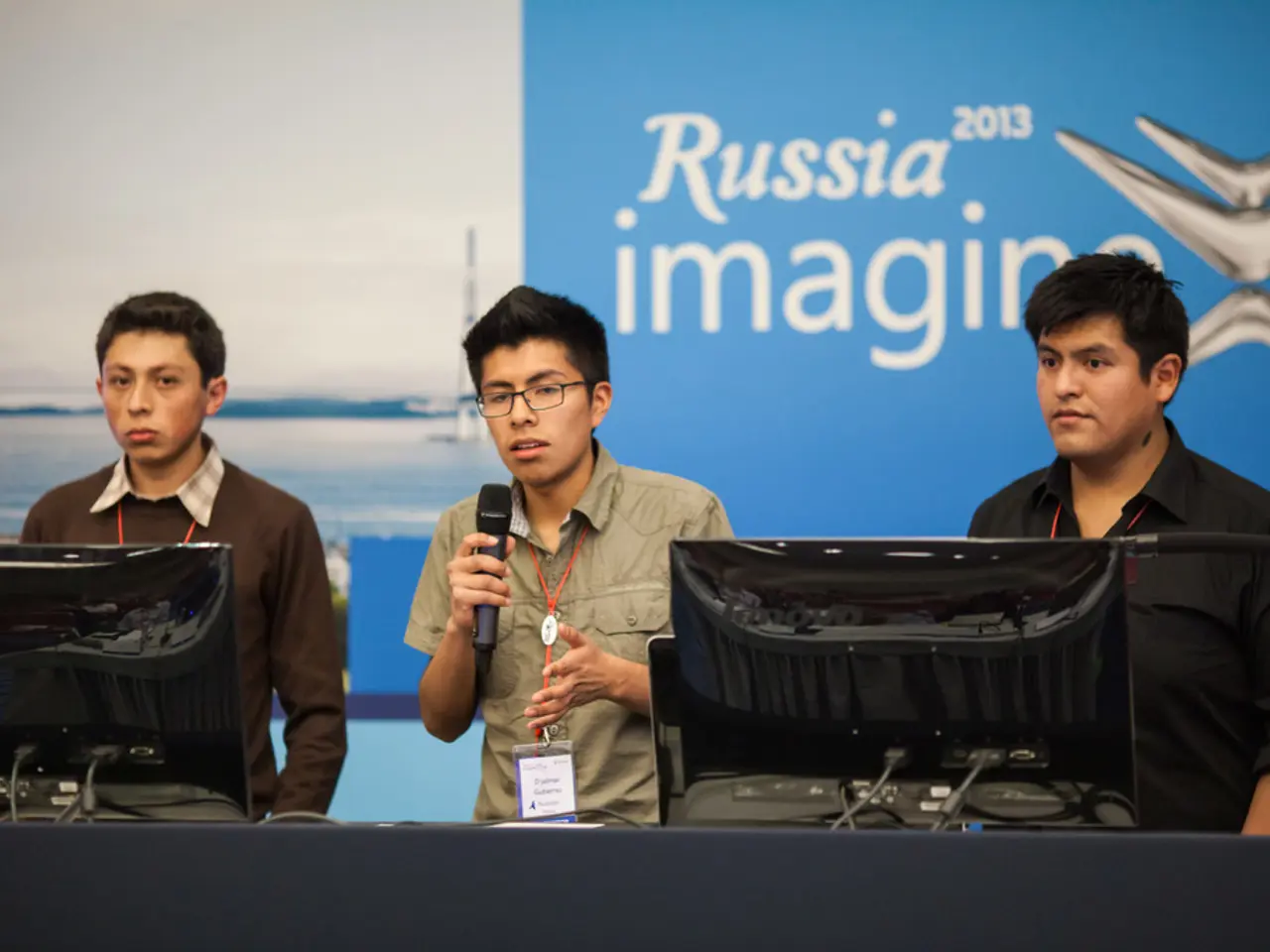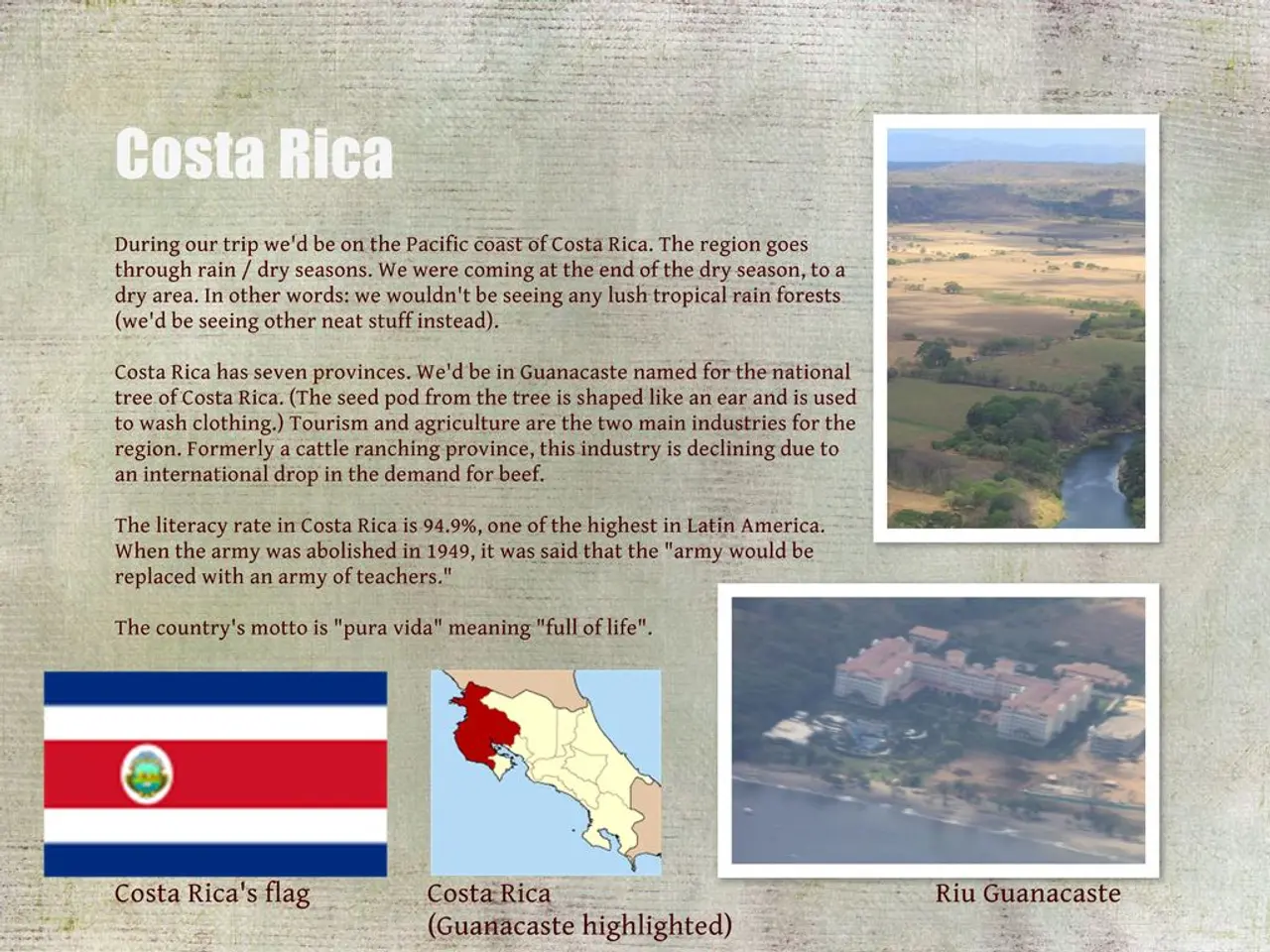Stolen Indigenous Wisdom: Preserve and Respect Ongoing Traditional Knowledge Systems
In a significant move towards inclusivity and equity in global conservation efforts, the Cali Fund was launched under the UN Convention on Biological Diversity in February 2025. This innovative financial mechanism aims to mobilize new resources for the Kunming-Montreal Global Biodiversity Framework (KMGBF), with a particular focus on supporting Indigenous-led conservation initiatives.
The Cali Fund sets itself apart by allocating at least 50% of its revenues to Indigenous communities worldwide, recognising their crucial role in preserving biodiversity and their unique contribution to biodiversity science and sustainable land management. This fund is a landmark step towards acknowledging Indigenous knowledge as vital for effective biodiversity conservation.
Indigenous knowledge, often holistic and integrating spiritual, cultural, and ecological perspectives, complements scientific approaches and guides sustainable resource use, conservation practices, and ecosystem stewardship. For instance, the Indigenous Leadership Fund for Biodiversity Conservation has been launched to directly support projects led by Indigenous peoples, fostering the promotion, development, and capacity-building of Indigenous knowledge.
Indigenous communities are not only playing a crucial role in biodiversity conservation but are also actively negotiating for equitable benefit-sharing from climate and biodiversity finance. In Acre, Brazil, Indigenous peoples successfully advocated for increased shares of benefits from REDD+ climate funds, securing a 22% share to support Indigenous lands and livelihoods.
However, it's essential to note that Indigenous knowledge and resources have not always been respected. For example, Urucum, a pigment used by Indigenous Peoples in South and Central America, has been derived from a native plant and has cultural, spiritual, and health significance. Yet, researchers and businesses have taken Indigenous knowledge about urucum and turned it into patents without recognition of the Indigenous communities. Urucum is now marketed as a non-allergenic dye for medical procedures and cosmetics without acknowledging its Indigenous origins.
The services provided by forests, such as clean water, clean air, carbon storage, and biodiversity protection, are worth trillions of dollars. The twin crises of biodiversity loss and climate change threaten the global economy, with over half of the world's GDP at risk. The Cali Fund, therefore, serves many purposes, including investments in the resilience of the global economy, the wisdom of Indigenous Peoples, and the preservation of the natural world that sustains us.
The Cali Fund has received initial support from several governments and corporations. The governments of Austria, Denmark, France, Germany, New Zealand, Norway, the United Kingdom, and the province of Québec have pledged US$163 million in support. Corporations whose business models rely on genetic resources from biodiverse nature are also expected to contribute, such as those using synthetic chemicals originally derived from Urucum.
In conclusion, the Cali Fund represents a significant stride towards more inclusive, equitable conservation frameworks that uplift Indigenous science and leadership as central to sustaining biodiversity on Earth. Every act that erodes the foundation of ecosystems has consequences that impact business stability and global prosperity. By recognising and supporting Indigenous stewardship, the Cali Fund is setting a precedent for a more sustainable and equitable future.
- The Cali Fund, established under the UN Convention on Biological Diversity, aims to allocate at least 50% of its revenues to Indigenous communities, acknowledging their significant role in biodiversity science and sustainable land management.
- Recognizing the value of Indigenous knowledge in combating climate change and preserving biodiversity, the Indigenous Leadership Fund for Biodiversity Conservation was launched to directly support projects led by Indigenous peoples.
- In a move towards equitable benefit-sharing, Indigenous peoples in Acre, Brazil, successfully advocated for increased shares of benefits from REDD+ climate funds, securing a 22% share to support Indigenous lands and livelihoods.
- Simultaneously, it's crucial to address historical injustices, as shown in the case of Urucum, where Indigenous communities have not been recognized for their contributions to the development of patents for a plant that holds cultural, spiritual, and health significance.
- With the twin crises of biodiversity loss and climate change threatening the global economy, the Cali Fund serves multiple purposes, including investments in the resilience of the global economy, the wisdom of Indigenous Peoples, and the preservation of the natural world that sustains us.




